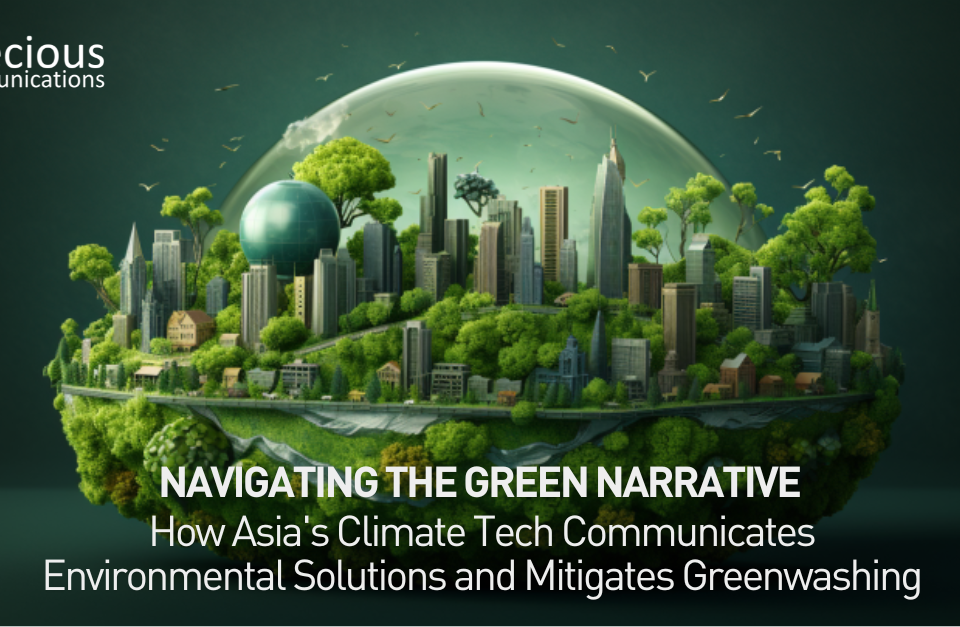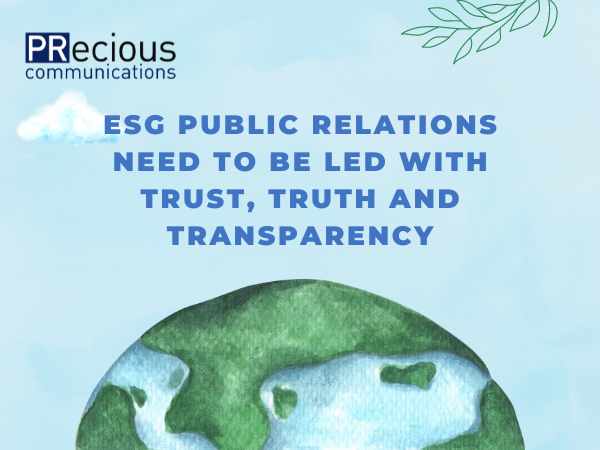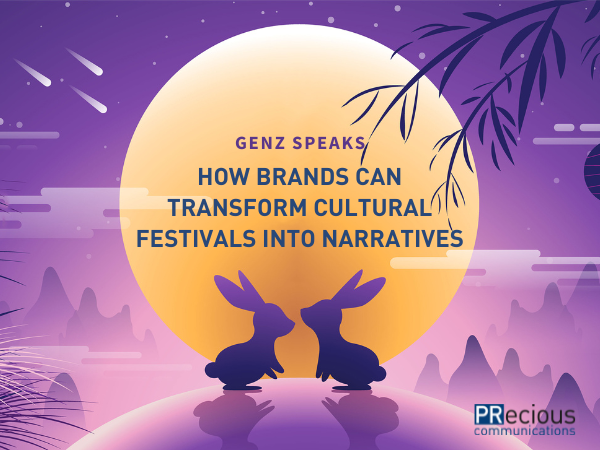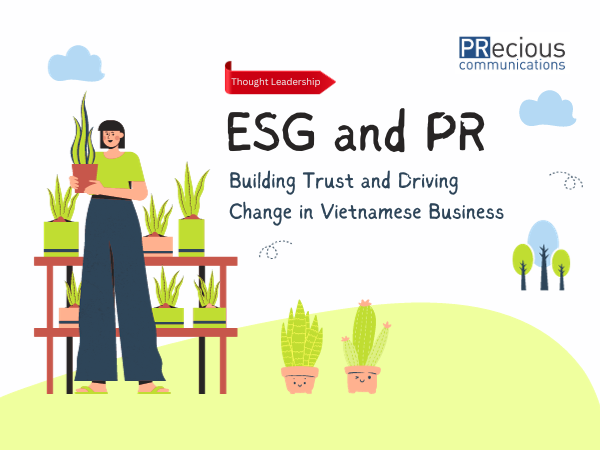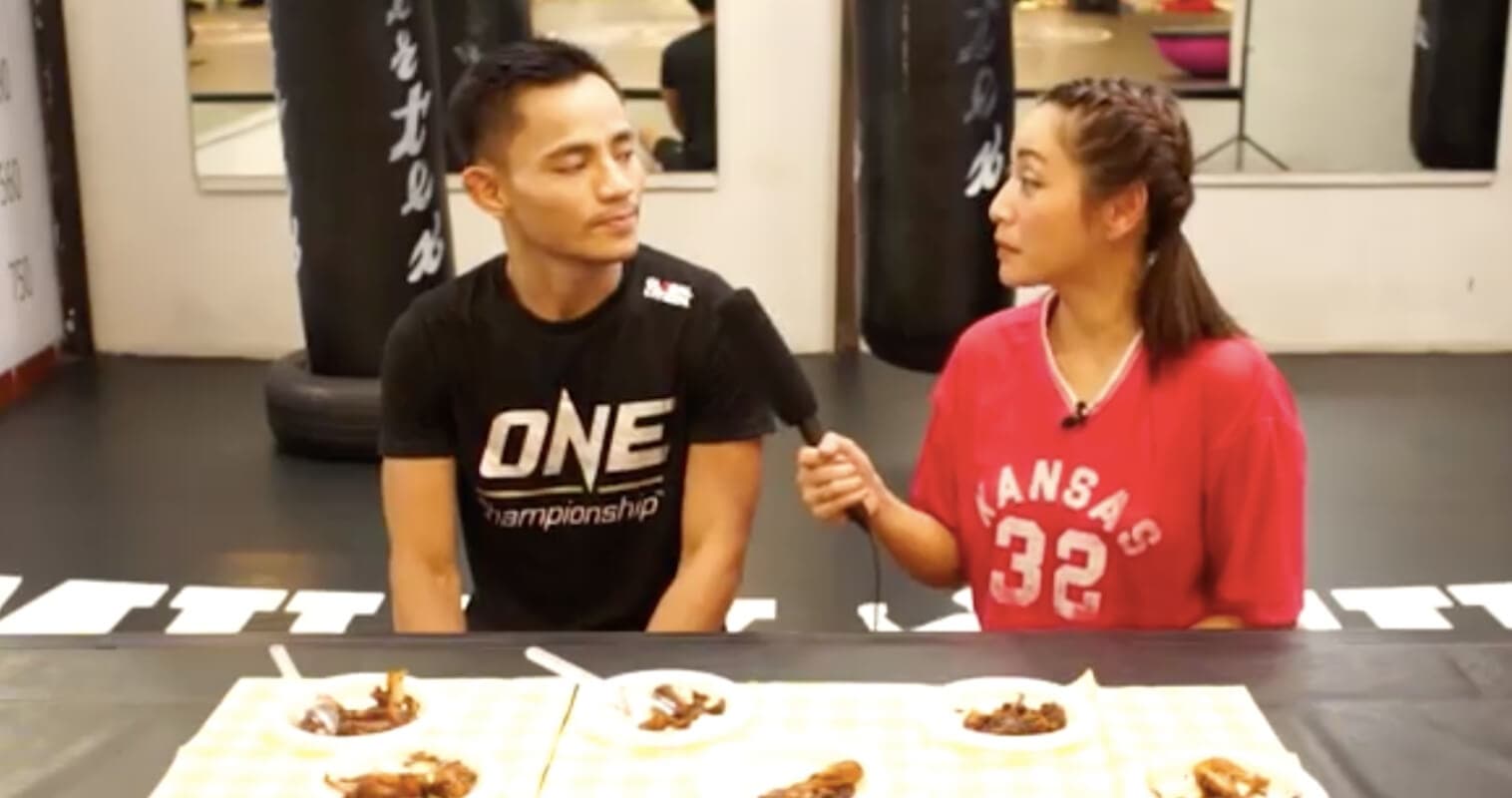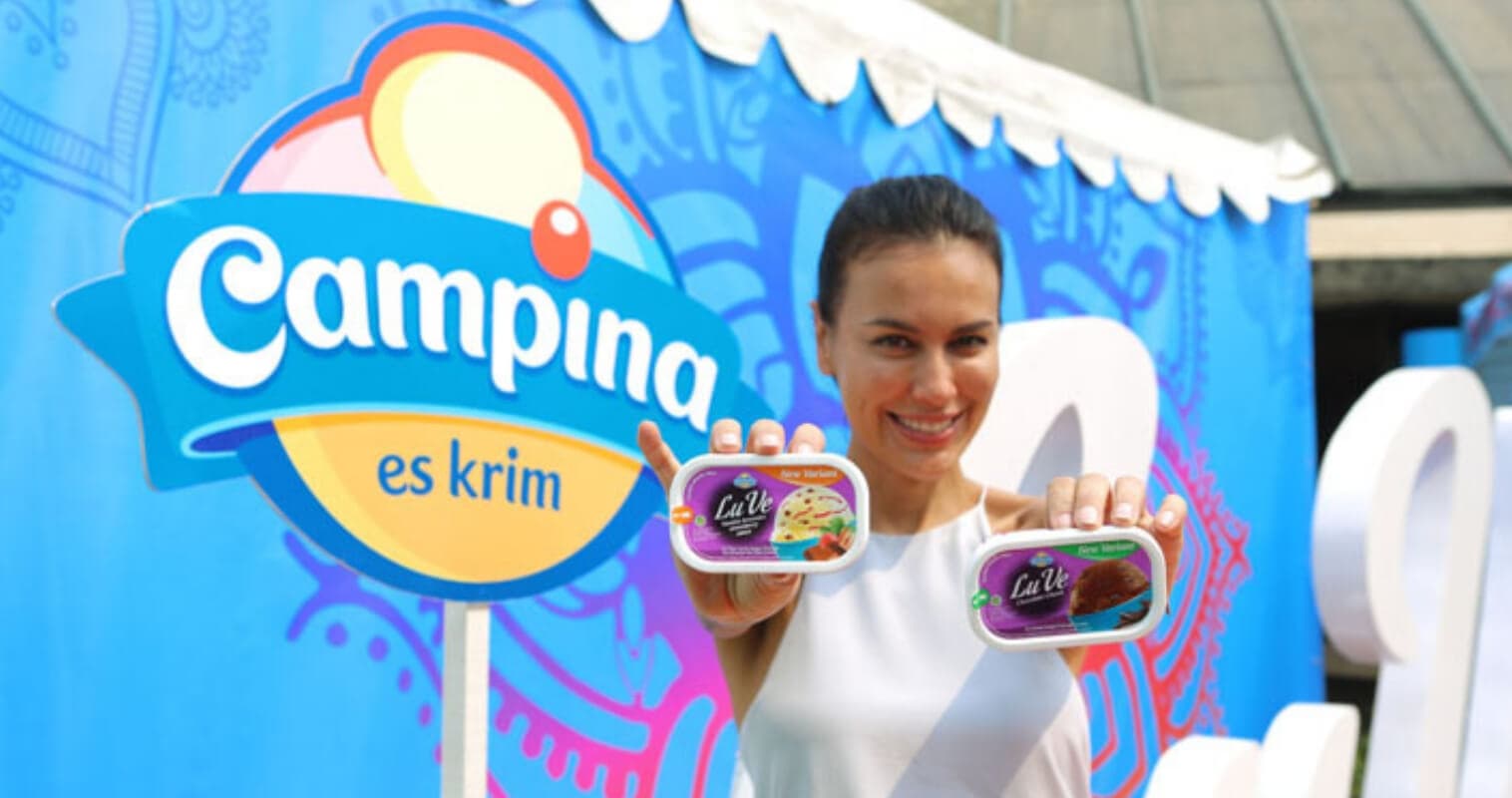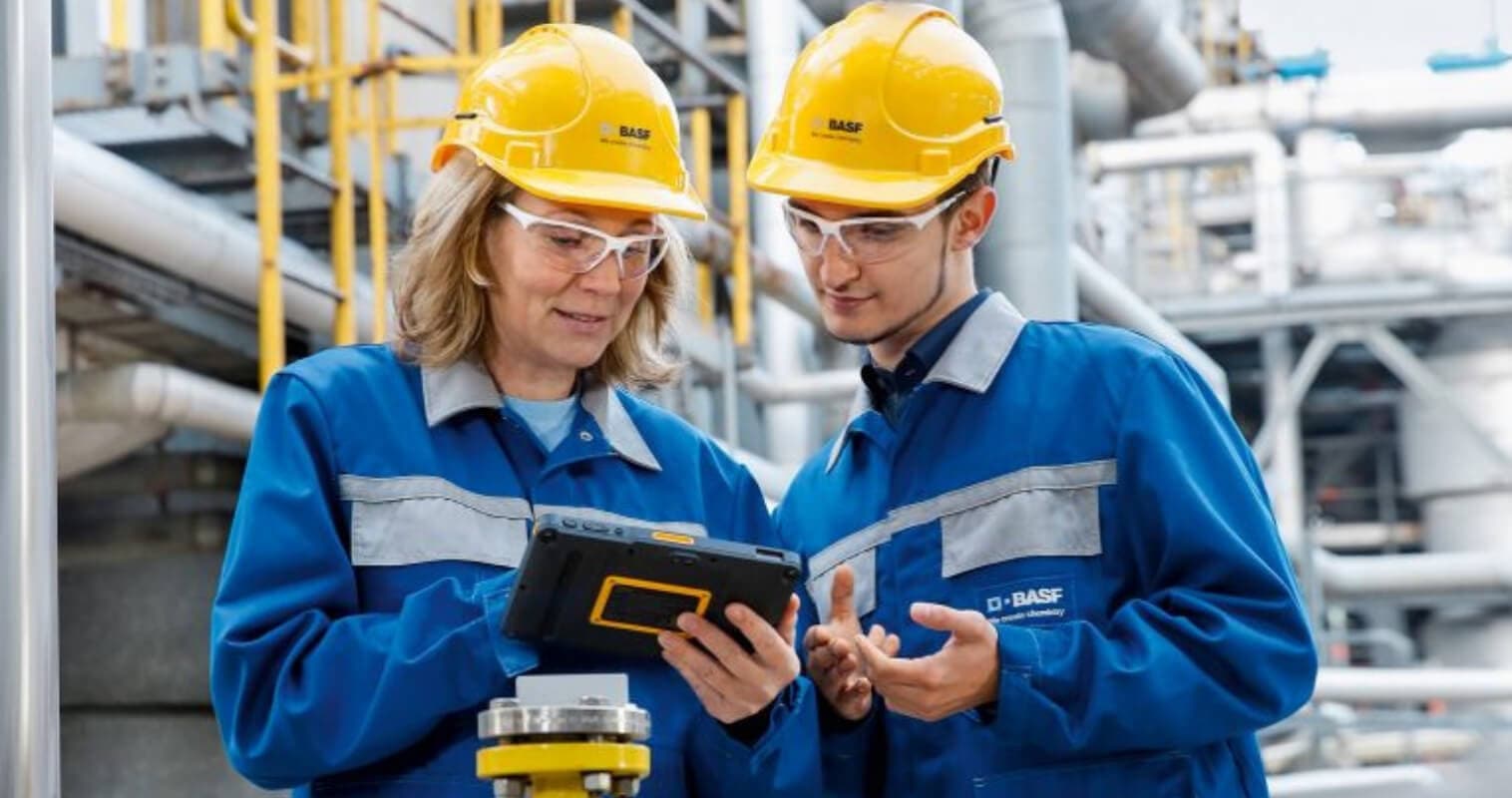How to Launch New Products, Brands or Companies During a Global Depression

Eight Common Mistakes Startups Make That Limit Their Media Exposure
November 3, 2020
Optimise Your PR Campaigns During the Shopping Season
December 1, 2020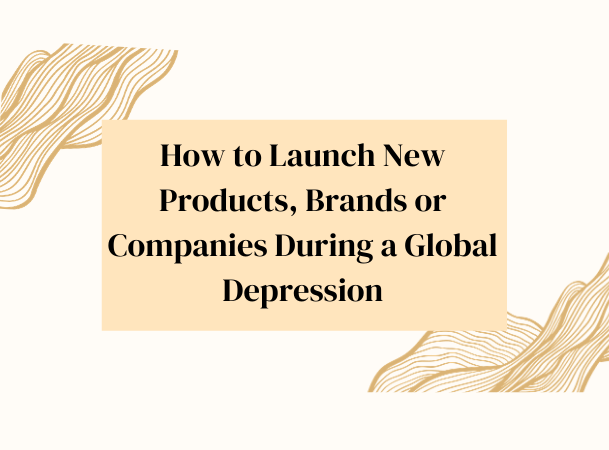
Some of the most revered and established companies today were born in times of crisis, if WhatsApp, Uber, Groupon and Airbnb — which were formed after the 2008 economic disaster — are any indication. While the economic crisis today is different and terrifying due to COVID-19, the current environment shouldn’t prevent entrepreneurs and companies from launching their brands or products.
Working with clients across various verticals, experts from PRecious Communications share their thoughts on how companies can launch new products or brands during the COVID-19 pandemic.
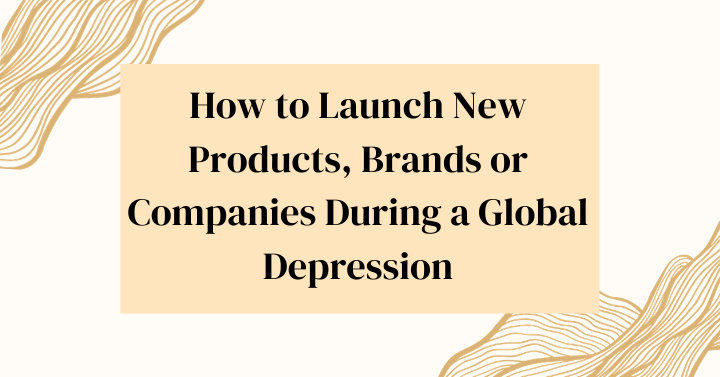
Understanding your potential buyers

Launching a new business often means launching a product and service. The key things to figure out are the target audience, their motivation and your story in the context of what situation your potential buyers are in right now. More often than not, entrepreneurs start creating buzz around their solution without understanding that many potential customers are not even fully aware of the problem it would solve. Hence, a first step would usually be to identify and connect to those early adopters who are aware that they have an issue and who are more open to try out something new from a firm that has just started. You wouldn’t usually start pitching your new idea directly to the CTO of the largest private bank in the world, as their appetite for taking a risk across the whole company should be extremely low by nature. Those companies would need to see sufficient market adaption to ‘cross the chasm’ at a later stage than your early adopters.
With your sales pitch, make sure you are clear on what you promise: Do you help your customers make money, save money or solve a regulatory requirement? And usually, the ‘make money’ approach is the most successful.
For consumer brands it’s a bit different, largely aligning to Maslow’s pyramid of needs and appealing to basic instincts – is the product making me or my life prettier, smarter, safer, more desirable? Or, does it add convenience?
If you think about what the pandemic has done for businesses, you’d realise that it has triggered an acceleration for digital adoption and transformation at a speed we’ve never seen. For consumers and the general public, we’re going through times of high insecurity, challenging our health, safety and overall well-being. Therefore, think about the special hook your pitch needs to show that you understand your potential buyers better than anyone else.
Contributed by Lars Voedisch, Founder and Managing Director
Being cognisant of changes to the marketing mix

When it comes to the global crisis, nostalgia isn’t quite what it used to be, at least that’s the punch line. Given the unprecedented scale and nature of our current pandemic, it stands in a league of its own in terms of new challenges and opportunities presented to brands.
With GFC and the dot com bubble, the impact from financial markets trickled down to influence consumer behaviours. For example, more people were eating at McDonald’s, or flying budget airlines et cetera. The blue oceans and category creators of the past arguably had it easier when incumbents were complacent and always on their back foot.
With COVID-19, consumer behaviours, habits and how they interact with your brand have, in most cases, completely changed, spurring heightened digitalisation and business model transformation across companies of all sizes. Companies are innovating at a breakneck pace to launch products to match consumer behaviours – the gap is fast-closing for non-moonshot opportunities.
Amid this, to launch a new brand or product, one must be cognisant of changes to the marketing mix, be well-attuned to government-imposed restrictions (and their consumer impacts). In addition to being online (and often), as business leaders, do also check in with your people. The chances of diminished physical interaction, pandemic-induced stress, burnout are all too real – after all, they are the ambassadors of your brand.
Contributed by Prayaank Gupta, Head of Growth & Innovation
Leveraging the power of connection and influence to drive brand loyalty

Way before the pandemic, consumers want things that are more experiential and bespoke. Anything and everything interactive and “insta-worthy” makes a brand and its products look cool and become “must-haves”. Brands have capitalised on this trend and have gone over the top with one-of-a-kind lifestyle experiences, employing visual storytelling with pop-ups, and even larger-than-life installations meant to drive social currency and translate to brand loyalty.
In times like this, when most physical interactivity seems to have come to a standstill, how do we then progress with gaining that share of voice with product launches? We have seen record-breaking numbers trending on e-commerce platforms. While some brands have pivoted towards digitalising their brand offerings, taking a leaf out of what matters to consumers now is a key guiding factor that will help determine a brand’s success during this period.
A recent report released by McKinsey & Company outlined three truths of the current climate globally – measured optimism, shifting priorities and a change in the definition of brand loyalty. Consumers now look for convenience, reliability and brands that deliver real value when making purchasing decisions. These are core indicators that will help brands position themselves to develop campaigns that address the needs of consumers. Ideas that can garner high engagement without compromising on social distancing measures would be a hit. Partnering with social media influencers whose values mesh with your brand can strengthen brand association, and strongly differentiate you against competitors.
Last but not least, there is a time when brands can push through new products without many barriers and flourish, but there is also a time when they will need to time launches in accordance to the climate that economies are part of. Now is the time when brands should focus on building a high level of trust among the target market, so they can connect with their target audience better.
Contributed by Robin Chang, Regional Head, Client Advisory
Driven by the desire to understand consumer needs

The business world has always been facing constant change. This has only become more pronounced today because of the pandemic. Of course, change always provides an opportunity to start something new. But these opportunities are not just for startups. Global corporates also face the same challenges, economic conditions, and opportunities. And most importantly, they have an important advantage – years of real experience in their fields, with access to real data and challenges that their client and customers face now. All of these managed by senior professionals within their ranks who live and breathe their industry.
During the past six months, I’ve seen how some of our clients have launched new products within two weeks at the height of the pandemic or witnessed an exponential increase in interest and sales because of the tech-driven aspect of their products and services – which they have communicated about. All of this boils down to a keen understanding of customer needs and challenges today.
Contributed by Clarence Lim, Client Services Director, Inc
Not underestimating the basics

Pandemic or no pandemic, the process doesn’t, or rather shouldn’t, drastically change. What gets planned gets done, goes an old saying. Focus on the basics. Be close to your customers who buy what you already sell to understand new requirements and gaps. Continue to engage and work with them to build trust and be sensitive and sensible in your communications.
From due diligence and market research to understand the value of your solution to the target audience, from pilot testing your idea to scaling up the right way; these basics can spell out either success and failure in a technology brand. However, not everything remains status quo in these times. What does change is the speed to market – go-to-market timelines have shortened because your competitors are also closely looking at the market and redefining their approach. You don’t want to lose out on opportunities.
Post-launch, observe and understand consumer behaviours first, not static internal KPIs. Because if you are going to fail, you need to fail fast so that you can go back to the drawing board to rethink and reshape your offering.
Contributed by Rajiv Menon, Client Services Director, Edge
Inspired by this post? If you are a startup or a corporate looking to build strong relationships with your key audiences, get in touch with us to expand your brand awareness. Let’s push the creative boundaries together.
